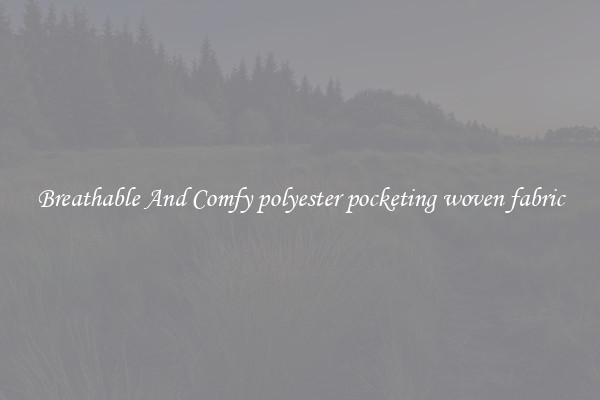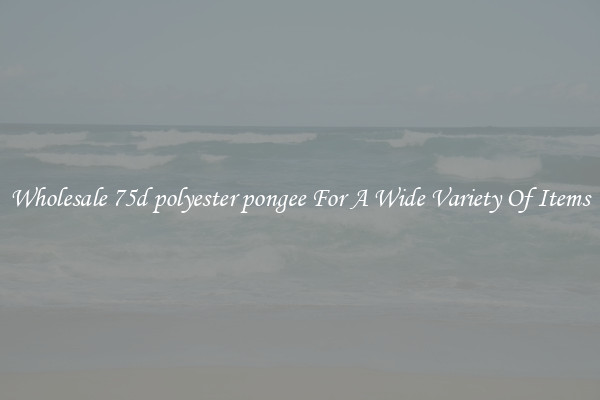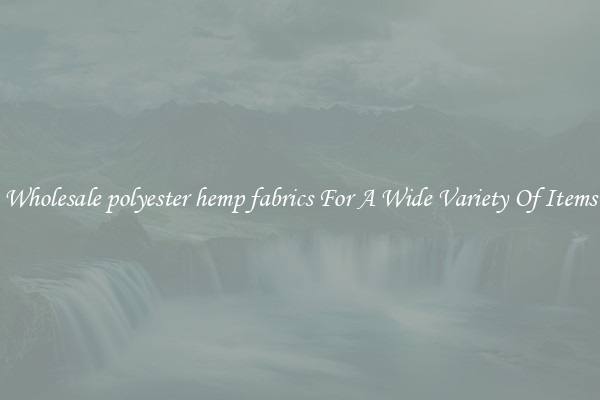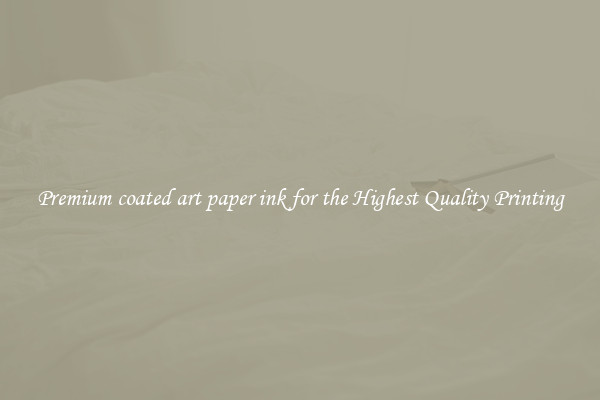Wholesale polyester wovening geogrid For Healthier Soil And Roads
Polyester wovening geogrid is a popular choice for improving the health of soil and roads. This versatile material is used in a variety of applications, from landscaping and construction to agriculture and civil engineering. By providing reinforcement and stabilization, polyester wovening geogrid helps to create healthier, more resilient soil and roads.
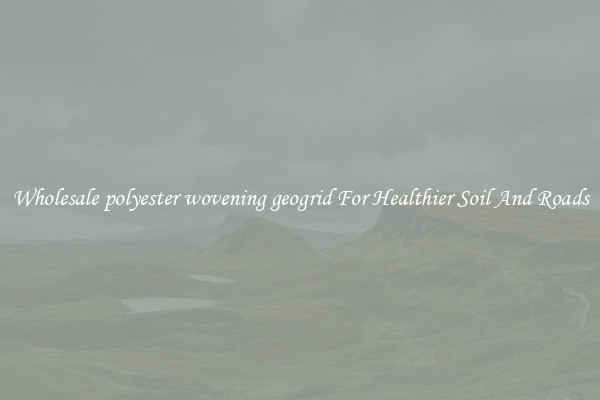
One of the key benefits of using polyester wovening geogrid is its ability to improve soil structure. By adding strength and stability to the soil, geogrid helps to prevent erosion and compaction, which can lead to poor drainage and decreased fertility. This is especially important in agricultural settings, where healthy soil is essential for growing crops.
In addition to soil improvement, polyester wovening geogrid also plays a crucial role in road construction and maintenance. By providing reinforcement and support, geogrid helps to prevent cracks, potholes, and other forms of deterioration in road surfaces. This not only extends the life of the road but also reduces the need for costly repairs and maintenance.
Furthermore, polyester wovening geogrid is an environmentally friendly option for soil and road stabilization. Made from recycled materials, geogrid is a sustainable choice that helps to reduce waste and minimize the environmental impact of construction projects. By promoting healthy soil and durable road surfaces, geogrid contributes to a more sustainable and eco-friendly infrastructure.
Overall, the use of wholesale polyester wovening geogrid offers a wide range of benefits for improving the health of soil and roads. Whether used in agriculture, landscaping, construction, or civil engineering, geogrid provides reinforcement, stability, and support to create healthier, more resilient soil and road surfaces. With its versatility, sustainability, and cost-effectiveness, polyester wovening geogrid is a valuable tool for promoting healthier soil and roads for a more sustainable future.

View details

View details
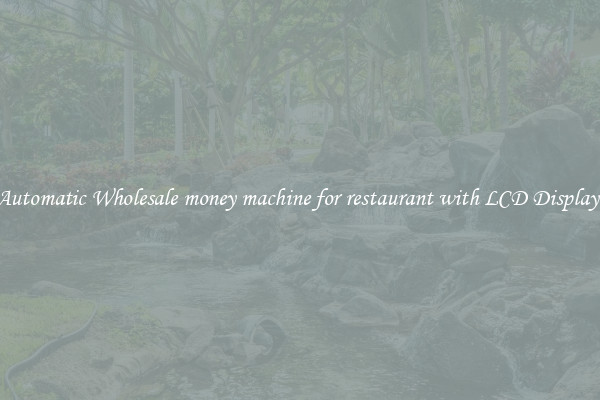
View details
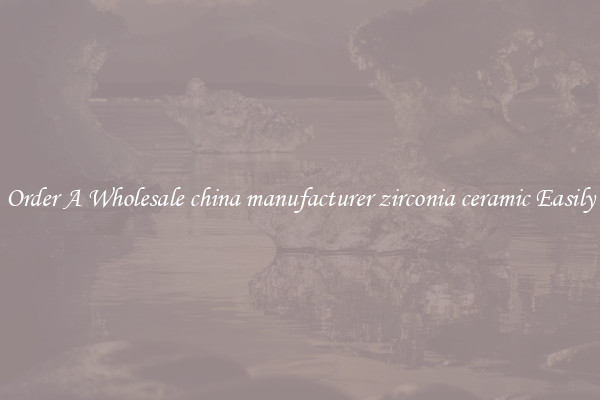
View details

